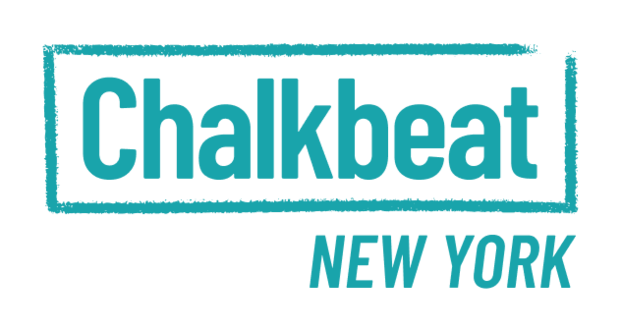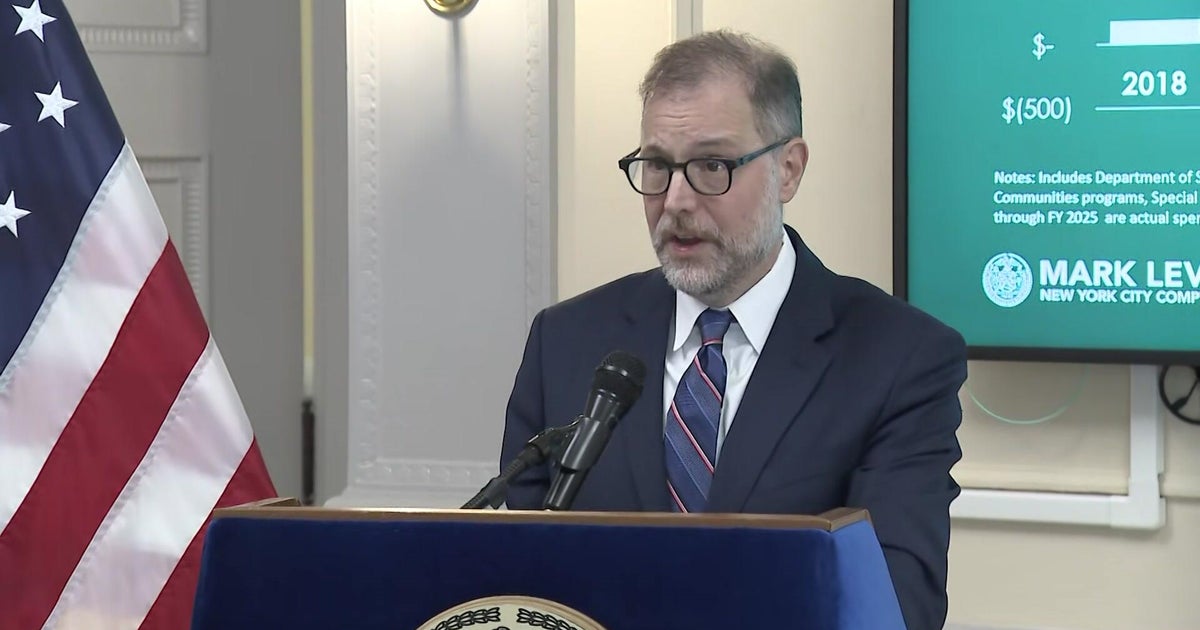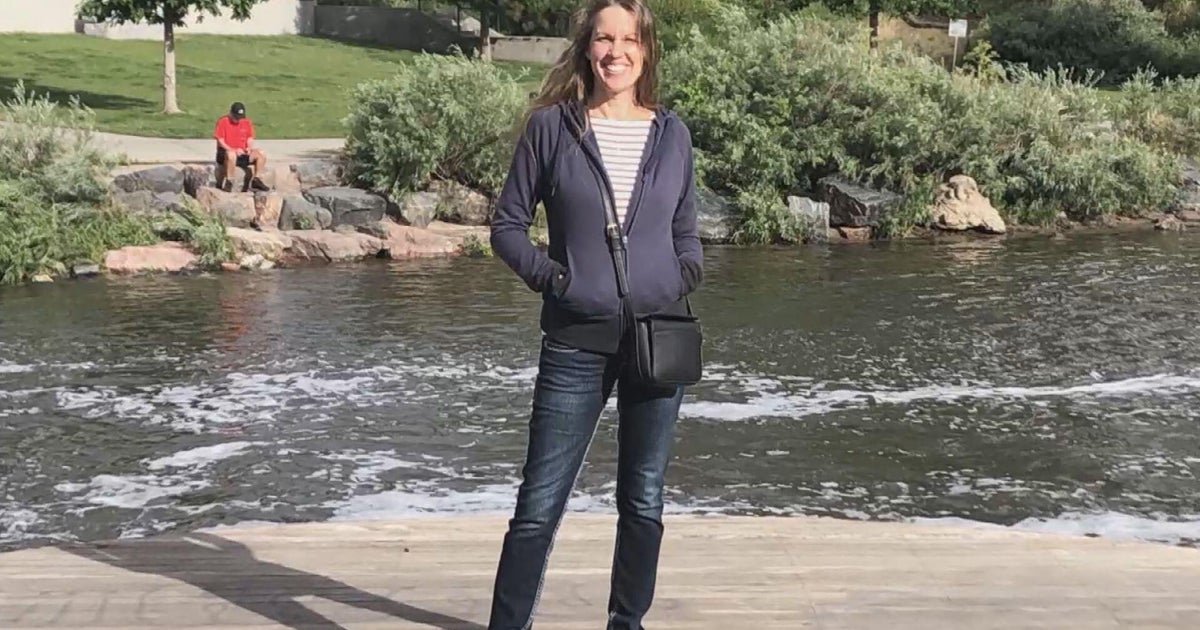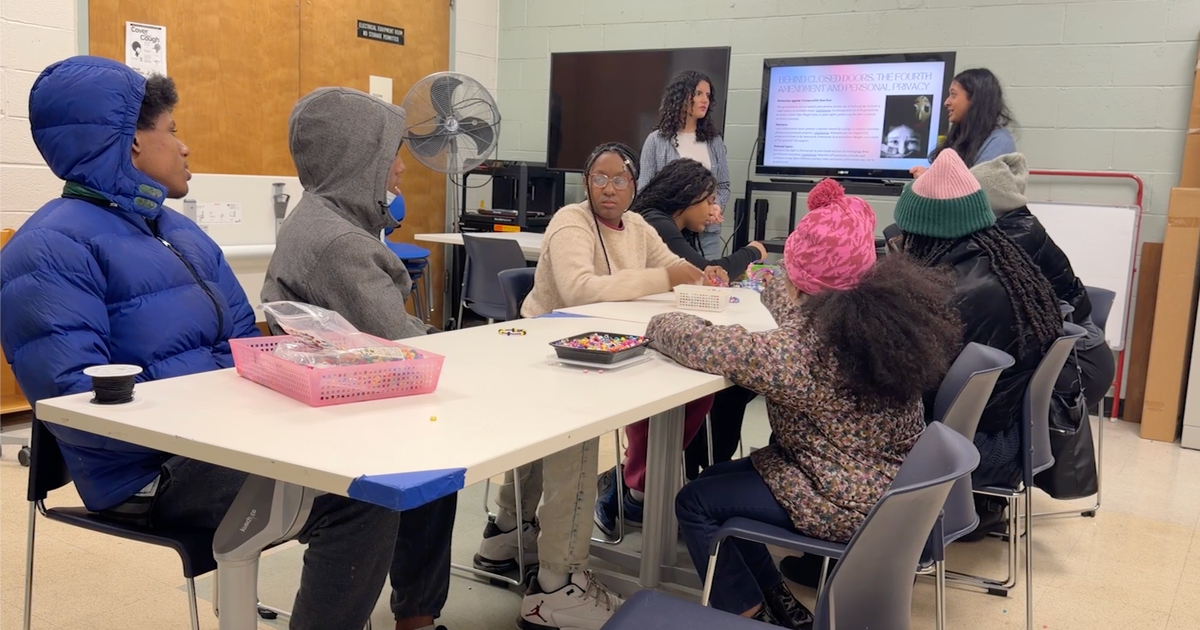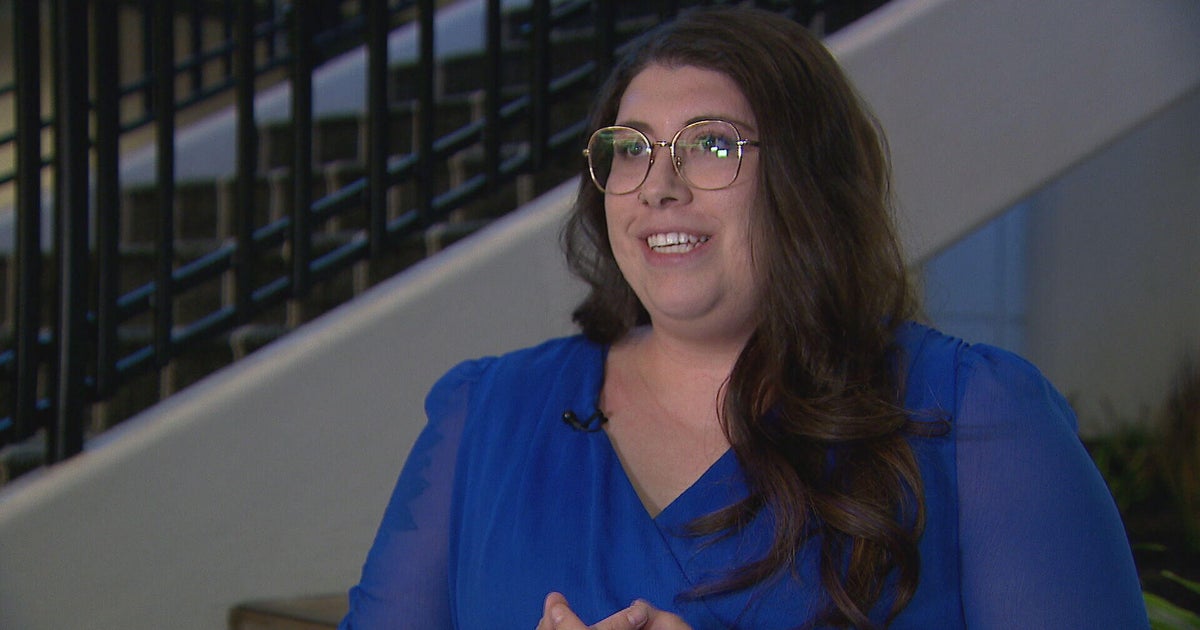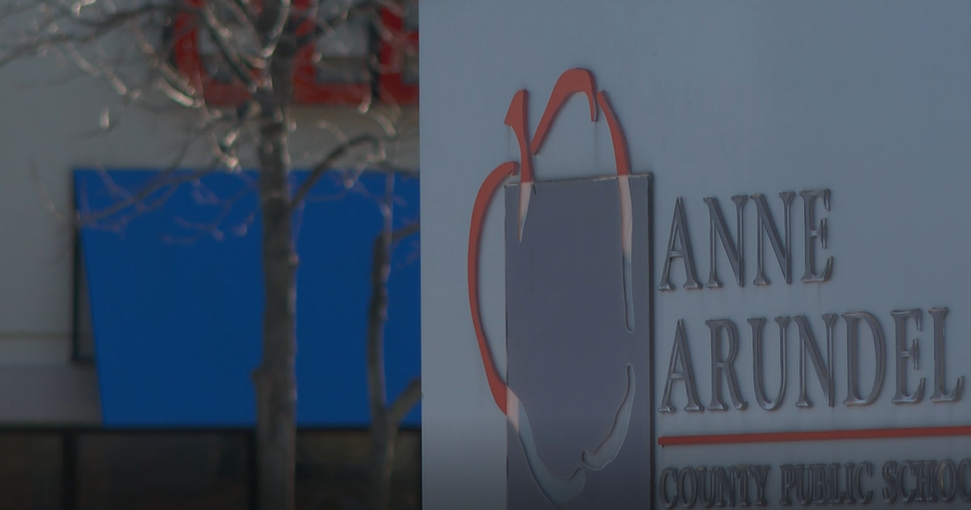New York City teachers embracing massive changes as new reading curriculum is implemented
NEW YORK -- A new reading curriculum in New York City schools may be a great idea in theory, but if teachers aren't on board, actually implementing it will be next to impossible.
Our fourth and final installment of our series on literacy, "The Science of Reading," examines how teachers are feeling about the road ahead.
Think about it this way -- teachers everywhere are overworked and underpaid. They're then told going into a school year, "Hey, you know the way you've been teaching kids to read? We're changing that completely." And yet, despite all of it, most of the teachers CBS New York's Doug Williams spoke to are embracing the change and the work.
Take a deep breath and get to work because change isn't always easy. For teachers, this massive curriculum shift requires hours of training and hands-on instruction, in addition to, you know, teaching it. So why did so many teachers we spoke to sound like this?
"I actually think it's more fun now, as we focus in on the science of reading, because you can see the kids actually get it," said Amy Scoufaras, a third grade teacher at P.S. 125.
"You see success immediately, so it makes you very happy to come to... You know, it's what you become a teacher for," said Gerald Charles, a teacher at South Bronx Literacy.
It's a reminder that teachers are the best of us. If the science of reading works, the success of their students, and the smiles on the faces that follow, make it worth it.
Doesn't mean there aren't concerns, though.
"What we need to do is provide the resources, the professional development, for the teachers," said Cecilia Espinosa, an early childhood education professor at Lehman College. "I see teachers right now overwhelmed by the amount of exercises and phonics that they have to do with the children."
The Department of Education knew this would be difficult. Schools Chancellor David Banks once compared it to building a plane in mid-flight. The DOE has provided training for all teachers tasked with new instruction. Teachers like Abby Loomis say it can be overwhelming.
"One lesson might have 40 to 50 different components that you can look at," she said. "It is very, very, very comprehensive ... But that was when the school year had already begun. So from the beginning, you know, we're teaching it, and then these professional developments sessions are coming as you're already teaching it."
For some teachers, this isn't black and white. Some approve of this new instruction and new curriculum but remain frustrated, wondering what took so long after they've been following orders and fighting the losing battle of literacy in the city for years and pair that with the work that will now be required of them.
"We talk a lot about, for students, what we call 'productive struggle,' but I also think about that for our teachers. I think first year implementation, it's hard," said Sara Judy, author and manager of curriculum for Great Minds. "It takes time. Whenever we're doing something new, it takes time for the teachers, it takes time for the students."
Reading is, and should be, the top priority in school districts across the country, but as more resources are thrown at that problem, other subjects are in need of attention as well. So one of these days, we'll talk about math.
Head to Chalkbeat New York to find more of our combined reporting.

